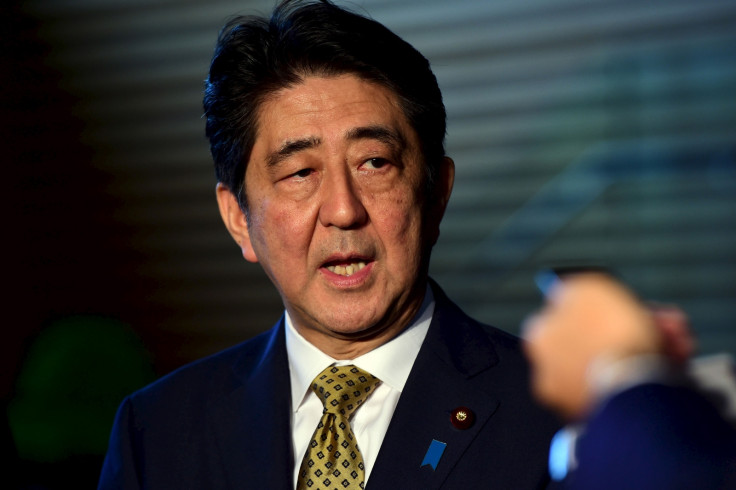Japan PM Shinzo Abe urges talks with Russia over disputed Kuril Islands

Japanese Prime Minister Shinzo Abe has urged Russian President Vladimir Putin to enter into talks to resolve the dispute over the Kuril Islands dating back to the Second World War. The former Soviet Union had seized several islands on the east of Japan's coast in 1945. The islands are administered by Russia while Japan claims them as its own Northern Territories.
Abe and Putin failed to agree on a deal when they last met in 2013. Subsequently, the Ukraine crisis effectively ended the rapprochement between the two as Japan imposed several sanctions on Russia.
Calling for talks, Abe told reporters: "We both recognize that 70 years after the war's end, to not have concluded a peace treaty is abnormal. But without a summit meeting this Northern Territories problem cannot be resolved."
Over the years, several claims have been made on the four disputed islands: Iturup (known in Japanese as Etorofu), Kunashir (Kunashiri), Shikotan, and the rocky Habomai islets. However, all attempts to resolve the dispute have failed.
Japan's rejection
Japan has on numerous occasions rejected a Russian offer to settle the dispute with the return of two of the islands – Habomai islets and Shikotan. Japan says the two islands comprise only 7% of the total land mass in the dispute.
In March 2014, following Russia's annexation of Crimea, Japan imposed several sanctions on Russia. These included a halt to consultations on easing visa regulations and suspension of talks on investment, joint space exploration and prevention of dangerous military activity.
Most foreign policy experts saw Japan's decision on Ukraine-related sanctions as heavily influenced by its desire to stay in line with other members of the G7. Russia, however, viewed it as Tokyo's inability to take foreign policy decisions and has since held the position that it will not negotiate the territorial issue with Japan while the sanctions are in place.
According to a 2012 Pew Global Attitudes Project survey, 72% of Japanese people viewed Russia unfavourably, compared with 22% who viewed it favourably, making Japan the country with the most anti-Russian sentiment surveyed.
© Copyright IBTimes 2024. All rights reserved.





